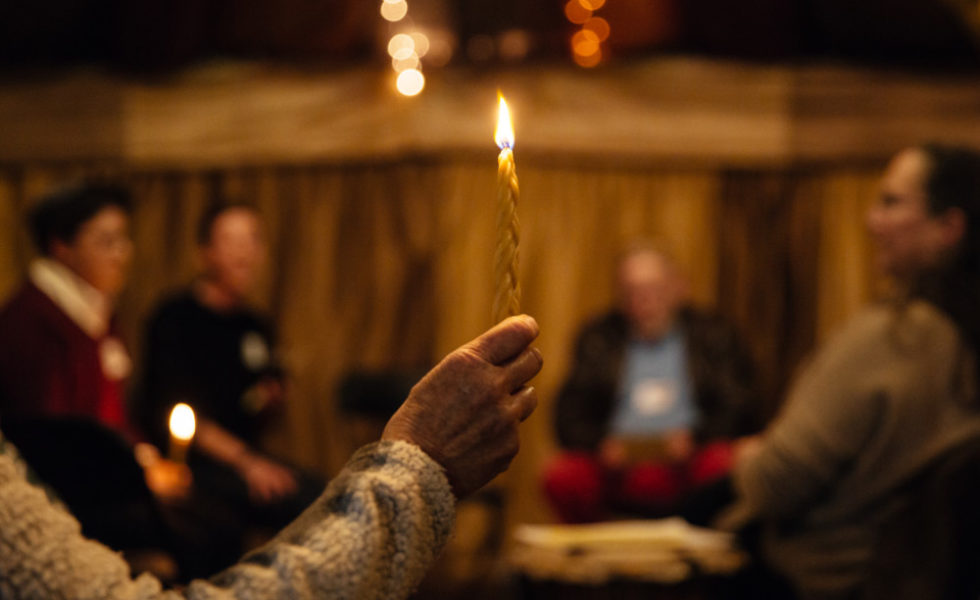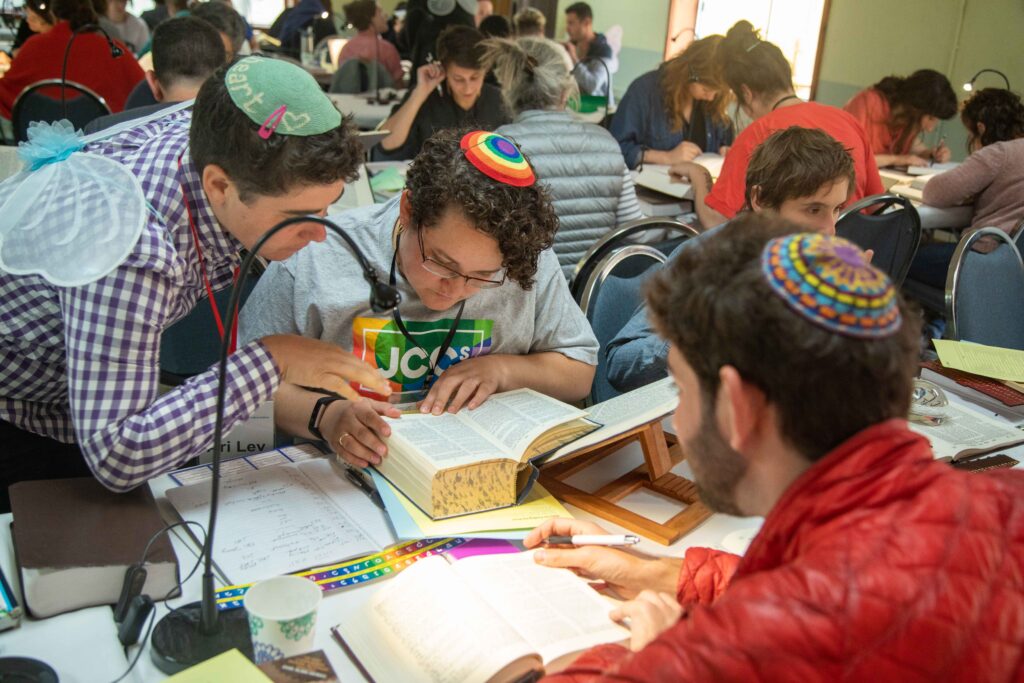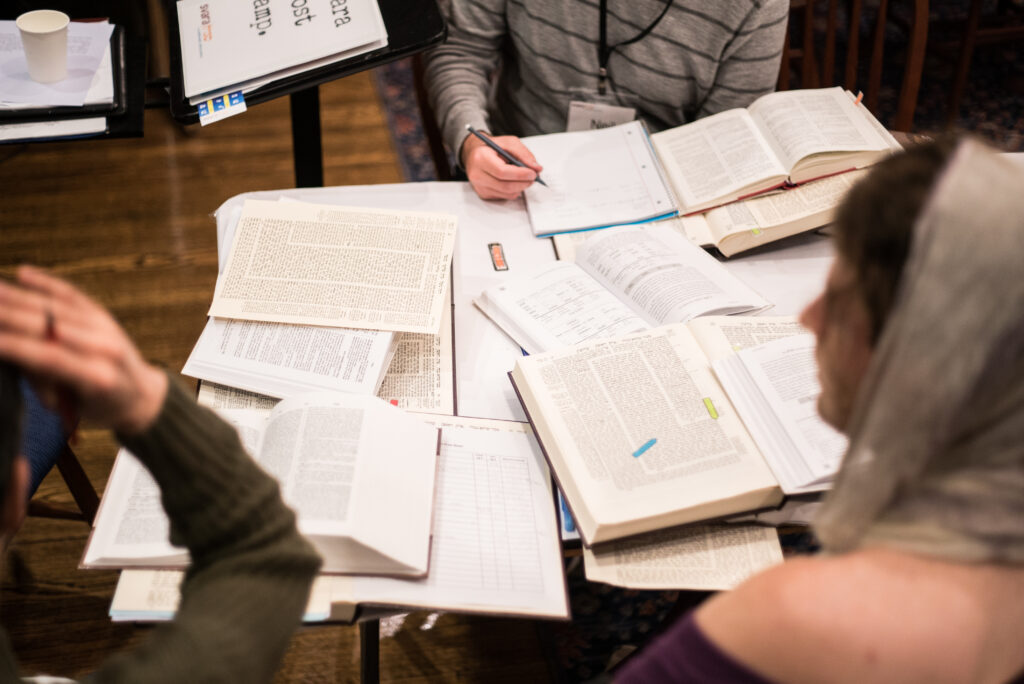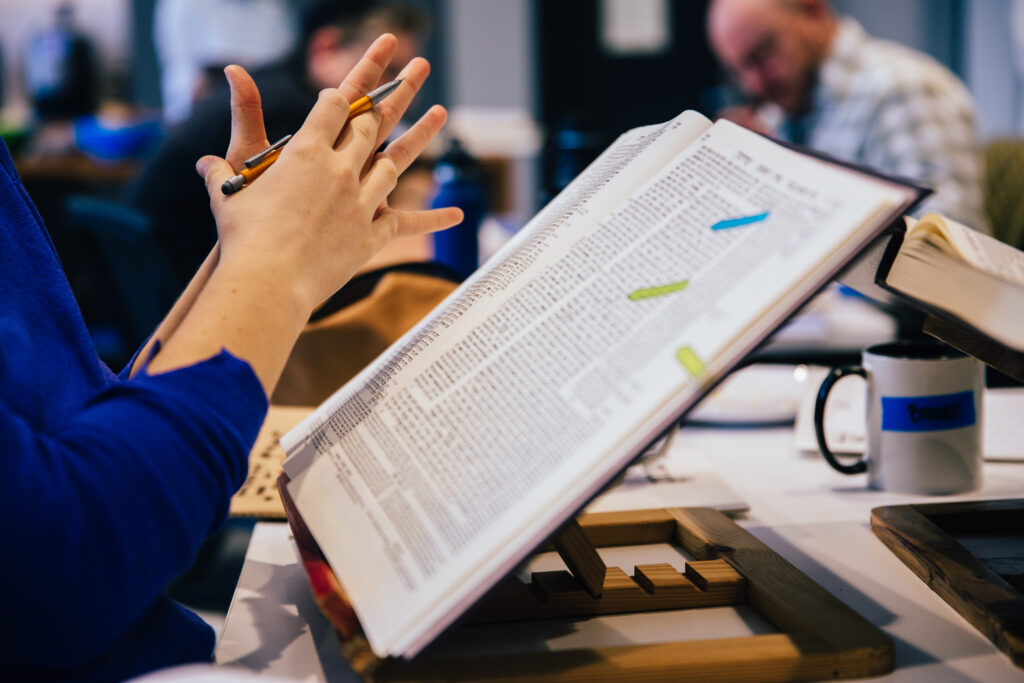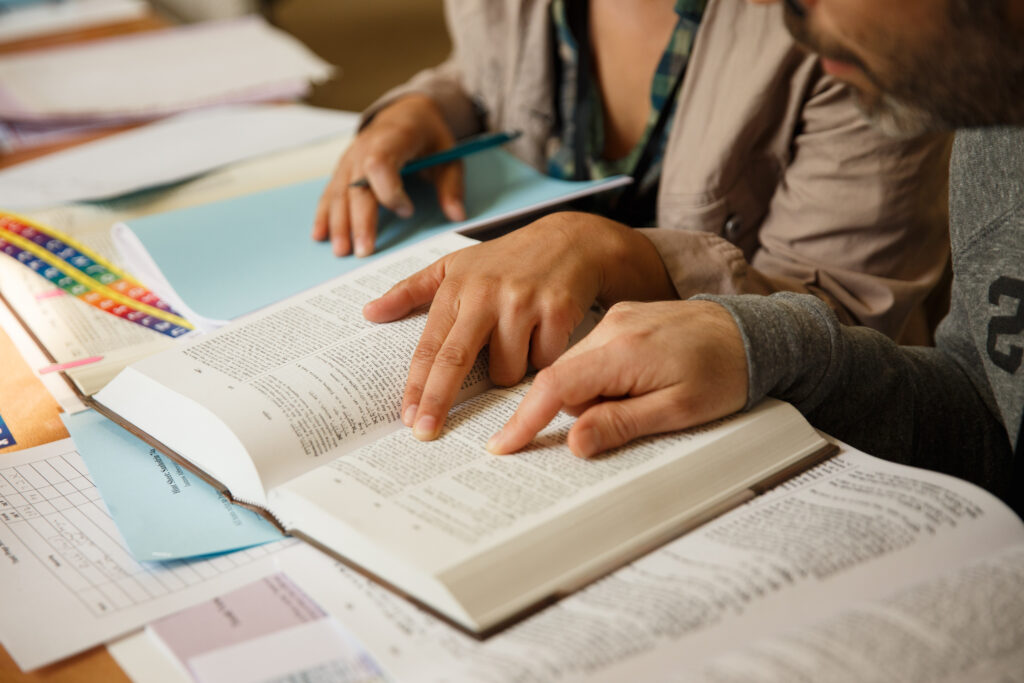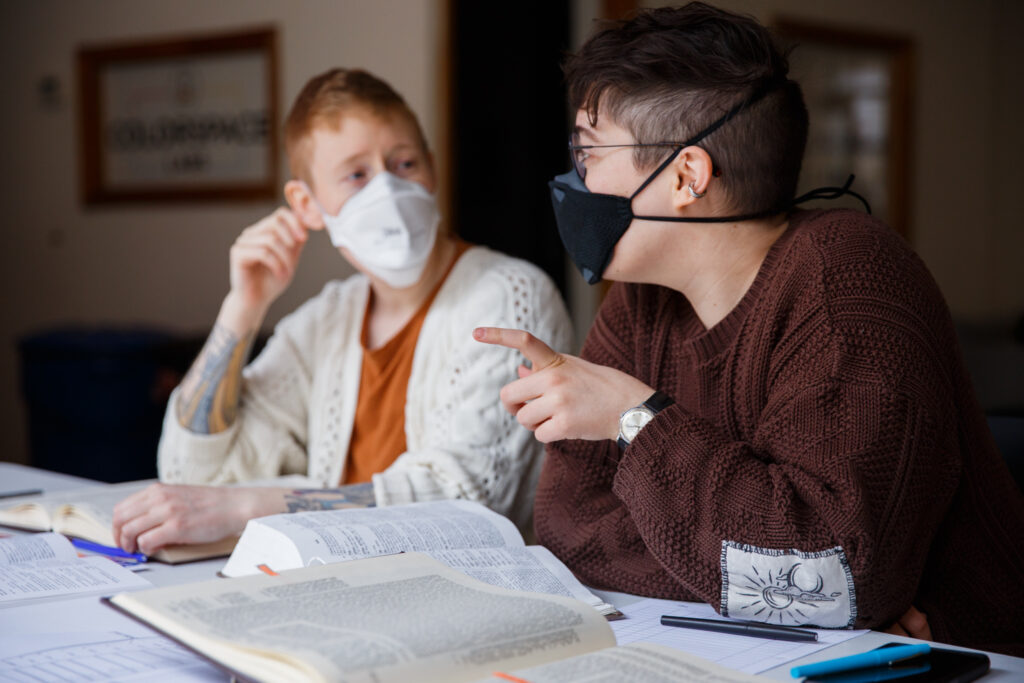Sometimes, I have sleepless nights. Not because I am out partying (I wish) or because I’m up writing papers or studying Torah, but because my mind can’t settle, can’t allow my eyelids to be heavy, and my body to joyfully yield to the earth. It doesn’t happen too often, but on a recent sleepless night, I turned to Spotify and desperately typed “Sleep” into the search bar. The first thing that came up was called “Deep Relaxing Sleep Hypnosis (Sleep in 20 Minutes)” and I went for it. Hypnotize me, please, I thought. The soft music began, and a British man’s calming voice became audible. “Relax, enjoy the sound of my voice, and you will slowly fall asleep.” Okay, yes. I started to feel more relaxed in just that first sentence, his soothing voice taking me to another place, my muscles starting to release. In the same calming, British voice he used to introduce the meditation, he said, “This meditation is brought to you by HelloFresh. With HelloFresh you get fresh pre-measured ingredients and mouthwatering, seasonal recipes delivered right to your door.”
It’s hard to describe how deeply hilarious I found this plug. In my sleepless delirium, as I was fighting against the demons of my mind and trying so desperately to rest, I was being advertised to, invited to try a meal-kit company with over 250 mouthwatering recipes. While I of course believe in the ability for podcasters to make money and have funders, it felt like a meta-commentary on our current societal moment. When we are most vulnerable, instead of being supported, we are sold to.
In Queer Talmud for Beginner’s mind, where I am lucky enough to be a fairy, we are learning about another vulnerable situation. The case of, as the Mishna calls it, safek nefashot, the doubt of (continued) life, i.e. a life threatening situation on Shabbat.
אמר ר׳ מתיא בן חרש החושש בגרונו מטילין לו סם בתוך פיו בשבת
Rabbi Matya ben Charash said: One who is experiencing pain in their throat, we place medicine in their mouth on Shabbat.
מפני שהוא ספק נפשות וכל ספק נפשות דוחה את השבת
Because it is a life threatening situation. And in all life threatening situations, we push away the laws of Shabbat
There are so many striking things about our text, one of which is that the Rabbis don’t specify who this person with a sore throat is. Is it your family member? Is it someone that has a preexisting condition or is high-risk in some way? We don’t know, we aren’t told. The assumption is that anyone with a sore throat is given medicine on Shabbat, implying that all life is precious and equally valuable, even more valuable than the laws of Shabbat. Also notable about our text is that it isn’t clear who is responsible for putting medicine in the sick person’s mouth on Shabbat. Is it a doctor? A rabbi? A concerned family member? The assumption here, similar to the sick person themselves, is that anyone and everyone is allowed to/obligated to help this person find relief, support, and healing. This kind of radical interconnectedness is part of the Rabbis’ option three project, perhaps because they knew that without interdependency and mutual support at the forefront, we weren’t going to make it very far.
I ended up doing the hypnosis meditation three times that night. And, in true SVARA-style, my mind started to do chazara. “I’ve been using HelloFresh for over a year,” my meditation guide gently said, with soft ethereal music behind him, “and I absolutely couldn’t live without it. I love that I can cook high quality and delicious meals with absolutely zero preparation time.” As hilarious and disturbing as I continued to find this plug, and in particular the timing of it, I realized that it wasn’t my meditation guide’s fault or the fault of HelloFresh. It’s the fault of the set up, the way that our society tries to get us when we’re down. When we are vulnerable it tries to make a profit from our despair and tries to tell us that a meal service will make us happy and solve our problems.
The world that our Rabbis want is the world I want with my whole being. A world in which we see each other as deeply interconnected, a world in which we see ourselves as mutually responsible for the healing and wellbeing of our fellow humans. A world in which a person can find refuge in meditation on a sleepless night, ad-free.

